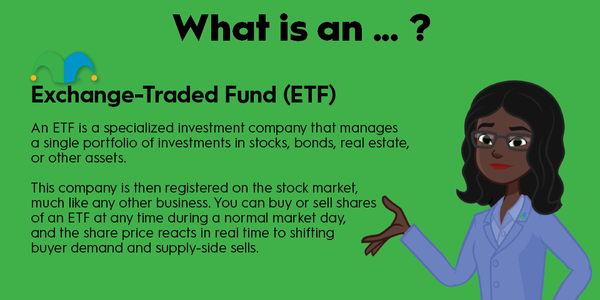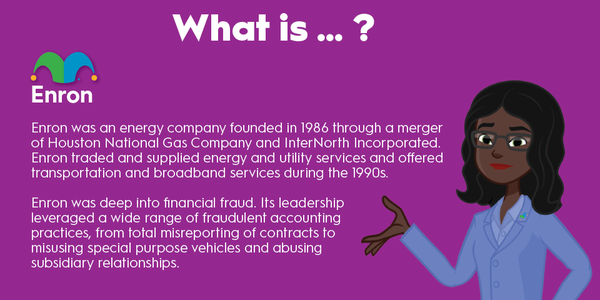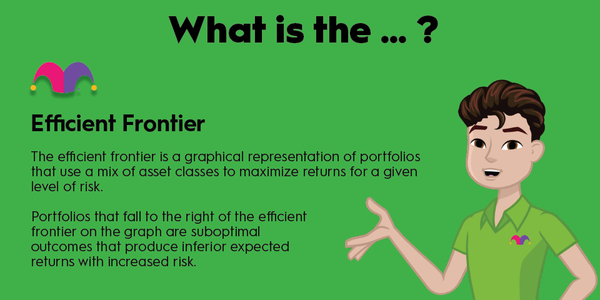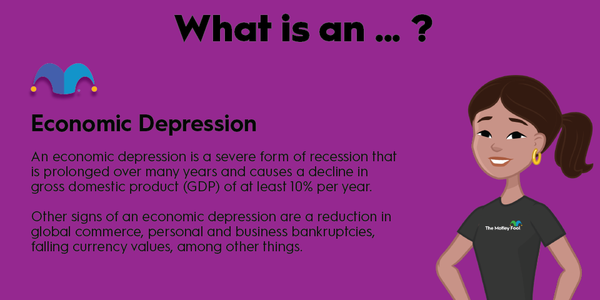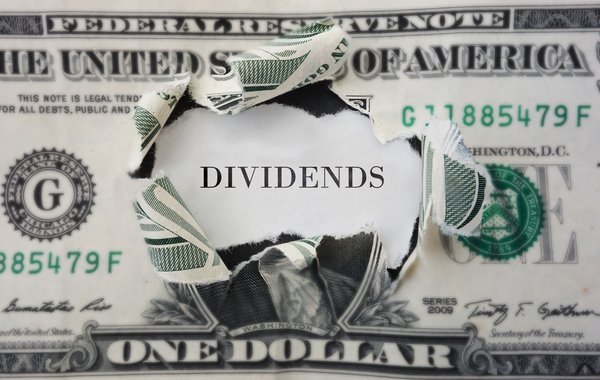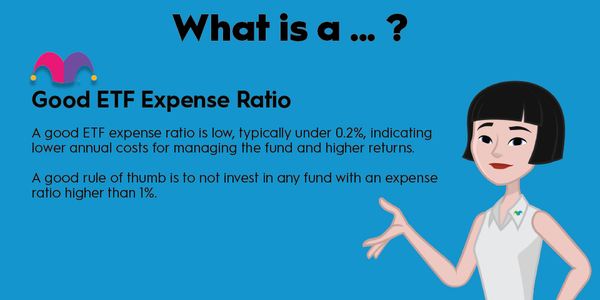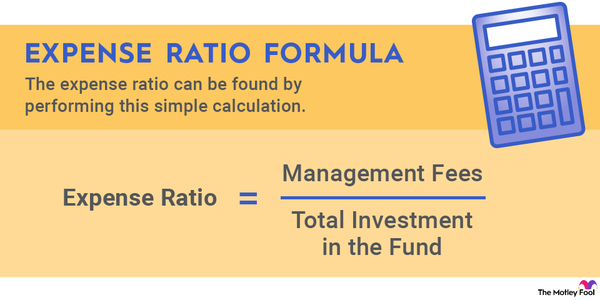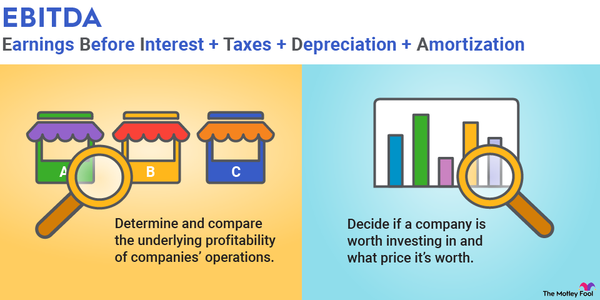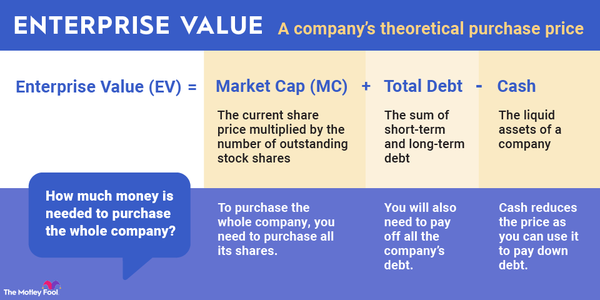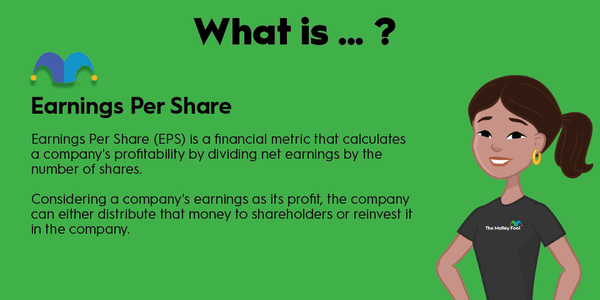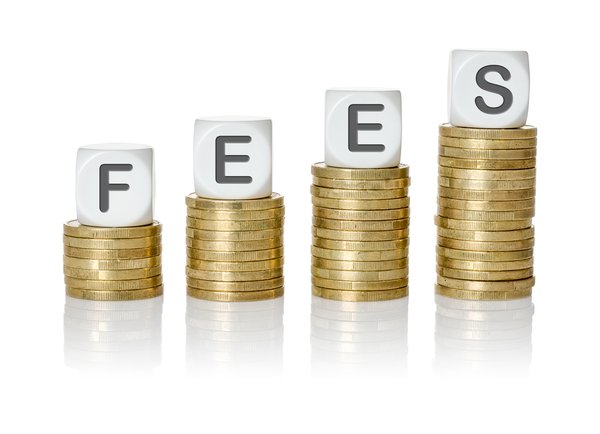Ethereum is a blockchain supported by a decentralized network of computers all over the world.
Established in 2015, Ethereum introduced the idea of smart contracts, which are bits of code written into the blockchain that can support various types of applications or even new cryptocurrencies. The native token of Ethereum is ether (ETH -1.03%), which is used to pay for certain activities on the network.
Read on to learn what Ethereum is, what you can do with the Ethereum technology, whether ether is a good investment, and the difference between Ethereum and Bitcoin (BTC -2.41%).

What is Ethereum?
What is Ethereum?
The basic idea of Ethereum is that it’s a platform that can execute and verify application code without the need for a central authority. It does this through an implementation of blockchain technology run across a decentralized network.
Blockchain is a concept used to secure data on a network. Basically, it ensures nobody changes the data on the network without authorization from the majority of people using it.
A decentralized network means there’s no single point of authority, like a corporation or government, that can make changes to the data on the network.
Ethereum uses a proof-of-stake model to secure the blockchain. Network members must stake Ethereum’s native cryptocurrency, ether, to verify blocks written to the Ethereum blockchain. Ether is also used to pay for work done on the blockchain. Some merchants and service providers will accept ether as payment.
What can it do?
What can Ethereum do?
Ethereum and the concepts pioneered in its development form the backbone of many advancements in blockchain technology.
Using smart contracts, which are bits of code written to the blockchain, has allowed people to build all sorts of applications, including:
- Stablecoins. A stablecoin is a cryptocurrency that maintains its value relative to a fiat currency like the U.S. dollar. There are several mechanisms you can use to maintain that value that smart contracts can enforce.
- Lending applications. You can write a smart contract that enforces the terms of a loan -- interest rate, term, how the loan is paid back, etc. This can make it easier for people to get a loan and for individuals to loan money directly and collect more interest.
- Decentralized exchanges. You can directly exchange one token built on Ethereum for any other Ethereum-based token with minimal fees.
- Non-fungible tokens (NFTs). You can create a unique token that can’t be replicated, called a non-fungible token, or NFT. The token can represent anything from a piece of art or a deed to a house.
There are dozens of other ways to apply smart contracts and blockchain technology.
Is it a good investment?
Is Ethereum a good investment?
If you’re interested in investing in cryptocurrencies, Ethereum’s native currency, ether, is a good choice.
Ethereum is the clear market leader in blockchain applications. Most new developments in decentralized finance or other uses for blockchain are built on the Ethereum network. That inherently gives ether value since it’s needed to keep the network running and verifying the blockchain as well as paying for transactions on the blockchain.
The shift to a proof-of-stake system from a proof-of-work system makes it more sustainable from an energy-use perspective. That opens the door for it to make advancements in processing speed, which can make smart contracts more broadly applicable.
Ethereum has strong staying power (in the crypto world), so it’s much more unlikely to provide the boom-or-bust results of other smaller currencies.
Related investing topics
Ethereum vs. Bitcoin
Ethereum vs. Bitcoin
Ether and Bitcoin are the two largest cryptocurrencies by market capitalization. The currencies have a lot in common, but Ethereum builds on the underlying blockchain technology pioneered by Bitcoin’s creator.
The idea behind Bitcoin was to create a permissionless, decentralized digital currency. Its creator wanted a way to make payments that weren’t backed by a central government or agency. As a result, Bitcoin is used as a store of value and a medium of exchange.
Ethereum had a much broader idea. The blockchain is used for all sorts of decentralized applications. While ether is used to pay for transactions on the blockchain, you can also have other cryptocurrencies built on top of the Ethereum blockchain.
Ethereum and Bitcoin also use different protocols to secure their blockchains.
Bitcoin uses a proof-of-work system. Under this system, every computer on the network is working to solve a complex math problem to write the next block to the blockchain. Once a computer solves the problem, the other members of the network verify the solution (which takes much less work), and a new block attaches to the chain.
Ethereum used the same system until September 2022. It now uses a proof-of-stake system that requires network members to hold ether to validate the next block in the blockchain. Validators are financially incentivized to verify correct data because they risk losing their stake if they’re a bad actor.
Transaction speeds are usually faster on the Ethereum network. Transaction costs can vary more widely on Ethereum based on how many people are actively trying to write new data to the blockchain, i.e., transaction volume.
Both have their use cases where they excel, and either ether or Bitcoin could be a viable investment choice for someone interested in buying and holding crypto.
